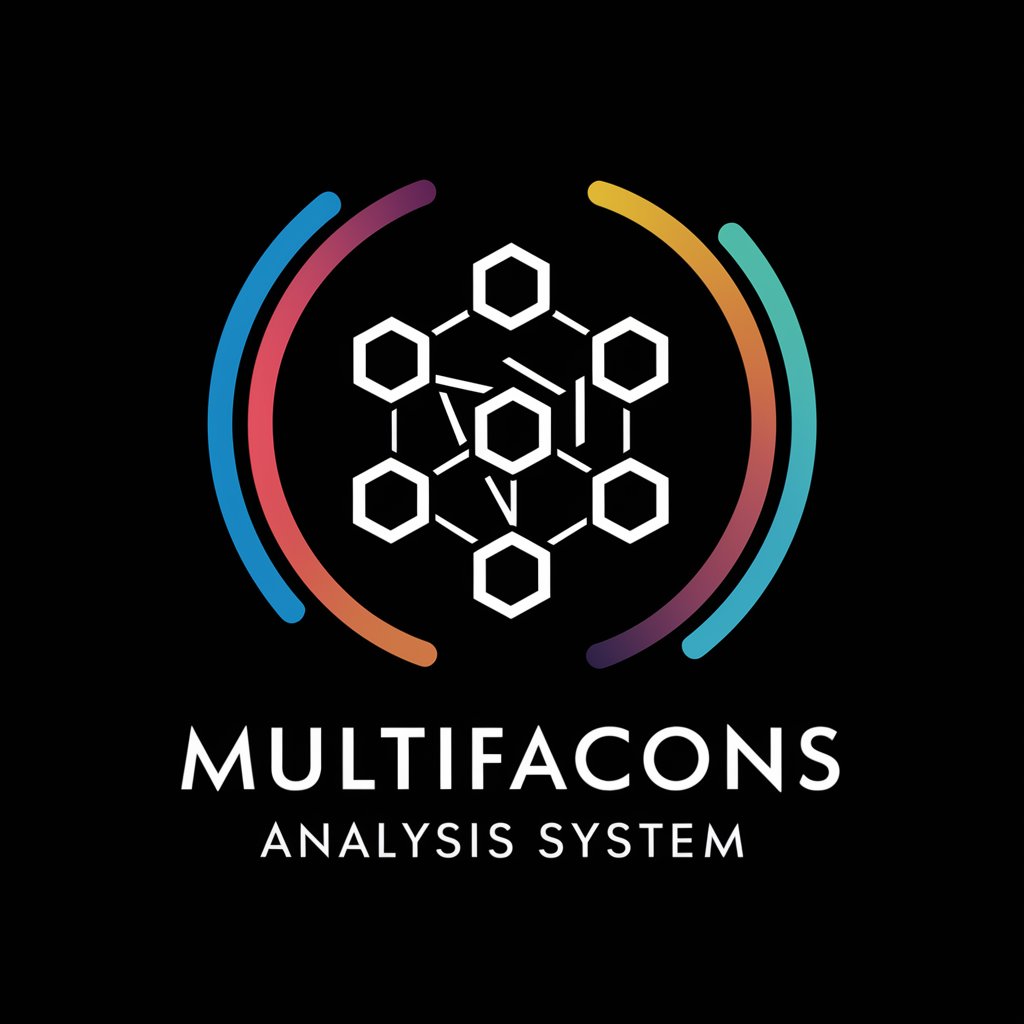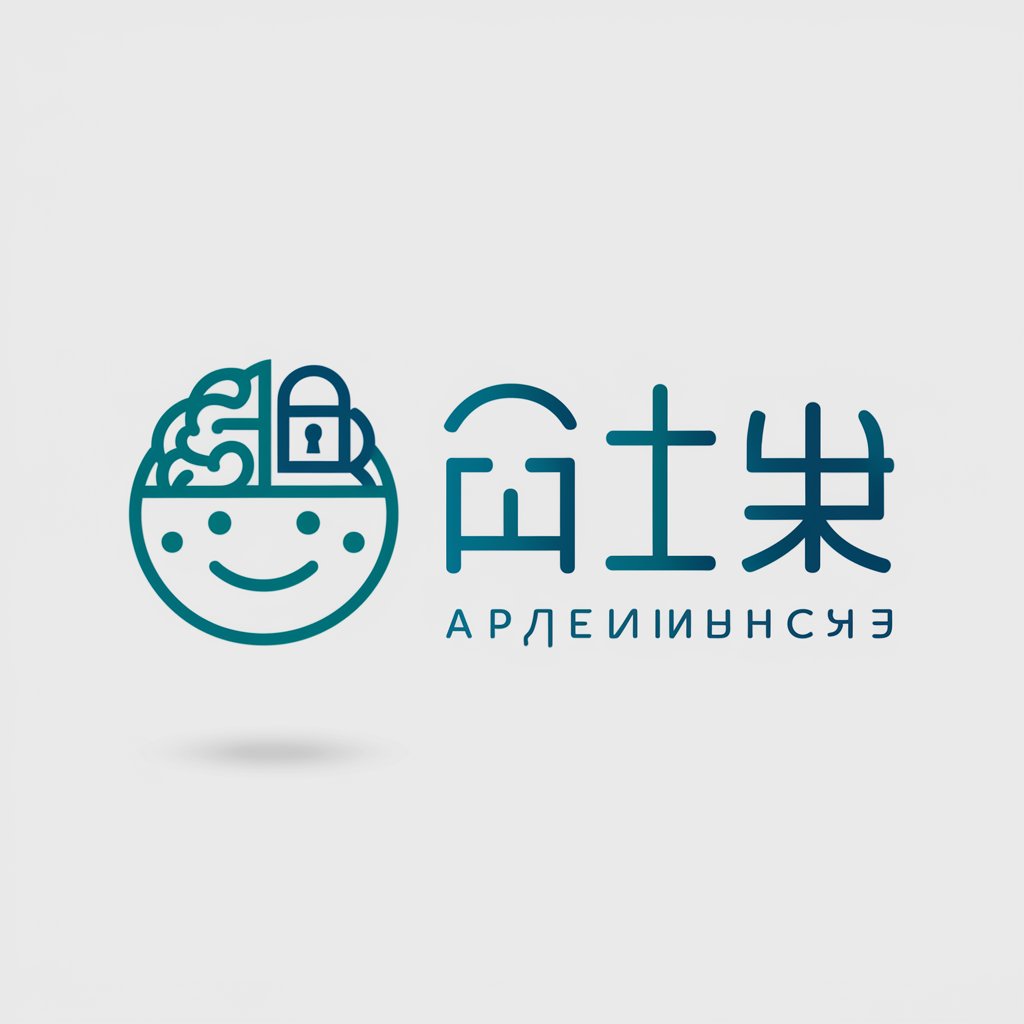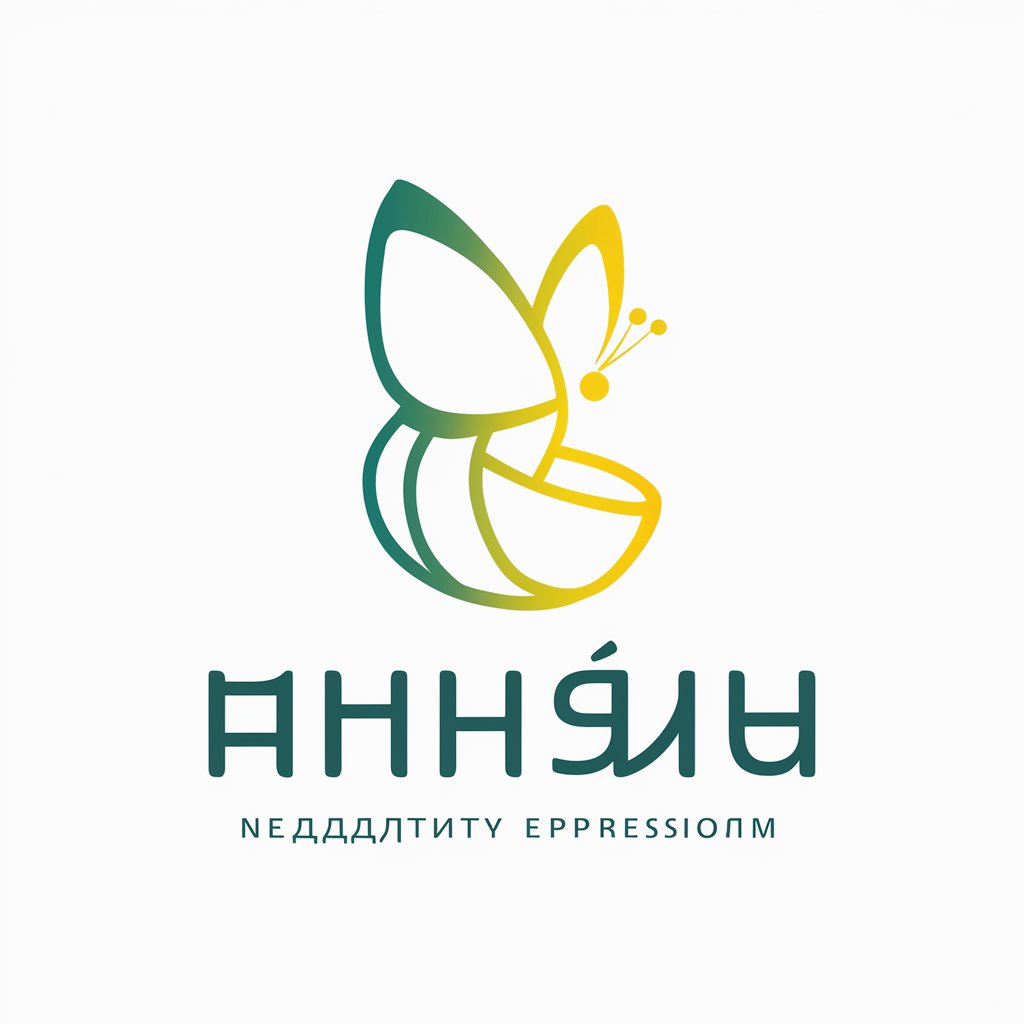カスタムGTP変換クリエイター - Versatile AI Customization Tool

Welcome! Let's explore innovative cross-field applications together.
Transforming AI capabilities across fields
Analyze the core functions of a custom GPT in the context of...
Identify common concepts across different fields to apply in...
Develop a framework for adapting custom GPT features to...
Generate user-specific proposals based on the analysis of...
Get Embed Code
Overview of カスタムGTP変換クリエイター
The カスタムGTP変換クリエイター is designed to analyze and repurpose the instructions of existing custom GPT models for application in entirely different fields. Its core purpose is to extract the fundamental functionalities and objectives from one custom GPT's instructions and then develop new instructions that adapt these elements to another field. This process involves identifying common functionalities between different fields and devising methods to implement these in new areas. For instance, a custom GPT developed for healthcare data analysis might have functionalities that, when analyzed and adapted, could be beneficial in finance for predictive analytics of market trends. Powered by ChatGPT-4o。

Key Functions of カスタムGTP変換クリエイター
Multidisciplinary Analysis System
Example
Analyzing a GPT designed for automated customer service to extract its language processing capabilities, which can then be tailored for a GPT meant to assist in educational environments for tutoring students.
Scenario
A university adopting a custom GPT for tutoring, repurposing functionalities from customer service bots to answer students' academic queries.
Cross-Field Application Mechanism
Example
Utilizing the sentiment analysis feature from a social media monitoring GPT to enhance a political analysis tool that measures public opinion on policy decisions.
Scenario
A policy research institute uses this mechanism to gauge public sentiment before election periods, improving the accuracy of their predictions.
Interactive Proposal Generation System
Example
A GPT originally designed for financial forecasting is repurposed to help small businesses predict inventory needs based on historical sales data analysis.
Scenario
A retail chain implements this system to optimize stock levels across seasons, minimizing overstock and stockouts.
Ideal Users of カスタムGTP変換クリエイター Services
Tech Developers and Innovators
Developers looking to create bespoke GPT applications without starting from scratch can use カスタムGTP変換クリエイター to repurpose existing models, accelerating development time and reducing costs.
Research and Academic Institutions
Academic institutions can benefit from repurposing existing GPT functionalities to enhance their research capabilities or develop new educational tools, leveraging AI to fill gaps in learning and research methodologies.

Using カスタムGTP変換クリエイター
Step 1
Access yeschat.ai for a complimentary trial, no login or ChatGPT Plus required.
Step 2
Choose a specific domain of interest where you need AI assistance, such as marketing or customer service.
Step 3
Identify the core functionality or purpose of the existing Custom GPT you aim to adapt or analyze.
Step 4
Use the interactive proposal generation system to outline your requirements and refine the AI’s output through iterative feedback.
Step 5
Explore continuous learning options to adapt and evolve the GPT's responses based on user interaction patterns and feedback.
Try other advanced and practical GPTs
情報セキュリティマネジメント科目B予想問題
Master Information Security with AI

セキュリティ先生
Empowering server security with AI

情報セキュリティ先生
Expert security guidance at your fingertips.

economy
Empowering Economic Analysis with AI

Circular Economy Product Designer
Designing Sustainability with AI

Read Important Economy News
AI-powered Economic Insight at Your Fingertips

英語変換マスター
Transform Japanese into English effortlessly with AI.

数式変換マスター
Simplify equations with AI power.

HTMLからMDへ変換
Transform HTML to Markdown effortlessly.

天津太祝詞音図変換
Transforming Text with AI-Powered Precision

ネガポジ変換
Transform negativity into positivity with AI.

深津式プロンプト変換君
Clarify and Enhance AI Interactions

FAQs about カスタムGTP変換クリエイター
What is カスタムGTP変換クリエイター?
カスタムGTP変換クリエイター is an AI tool designed to adapt the capabilities of a specific custom GPT for use in entirely different domains, enabling the reuse of specialized AI features across various fields.
How does the tool integrate with different domains?
It analyzes an existing GPT's core functions and purposes, then identifies common functionalities and concepts that can be applied to new fields, developing a framework for cross-field application.
Can I customize the AI to specific needs?
Yes, it features an interactive system that generates proposals based on your detailed requirements and allows for dynamic modification and customization to suit specific field characteristics.
What makes カスタムGTP変換クリエイター unique?
Its ability to cross-apply specialized AI functionalities to different fields and its continuous learning mechanism that improves proposal quality based on user feedback and usage patterns.
Is the tool suitable for academic purposes?
Absolutely, it can be particularly beneficial in academic settings for tasks such as data analysis, generating educational content, or assisting in research paper writing.
